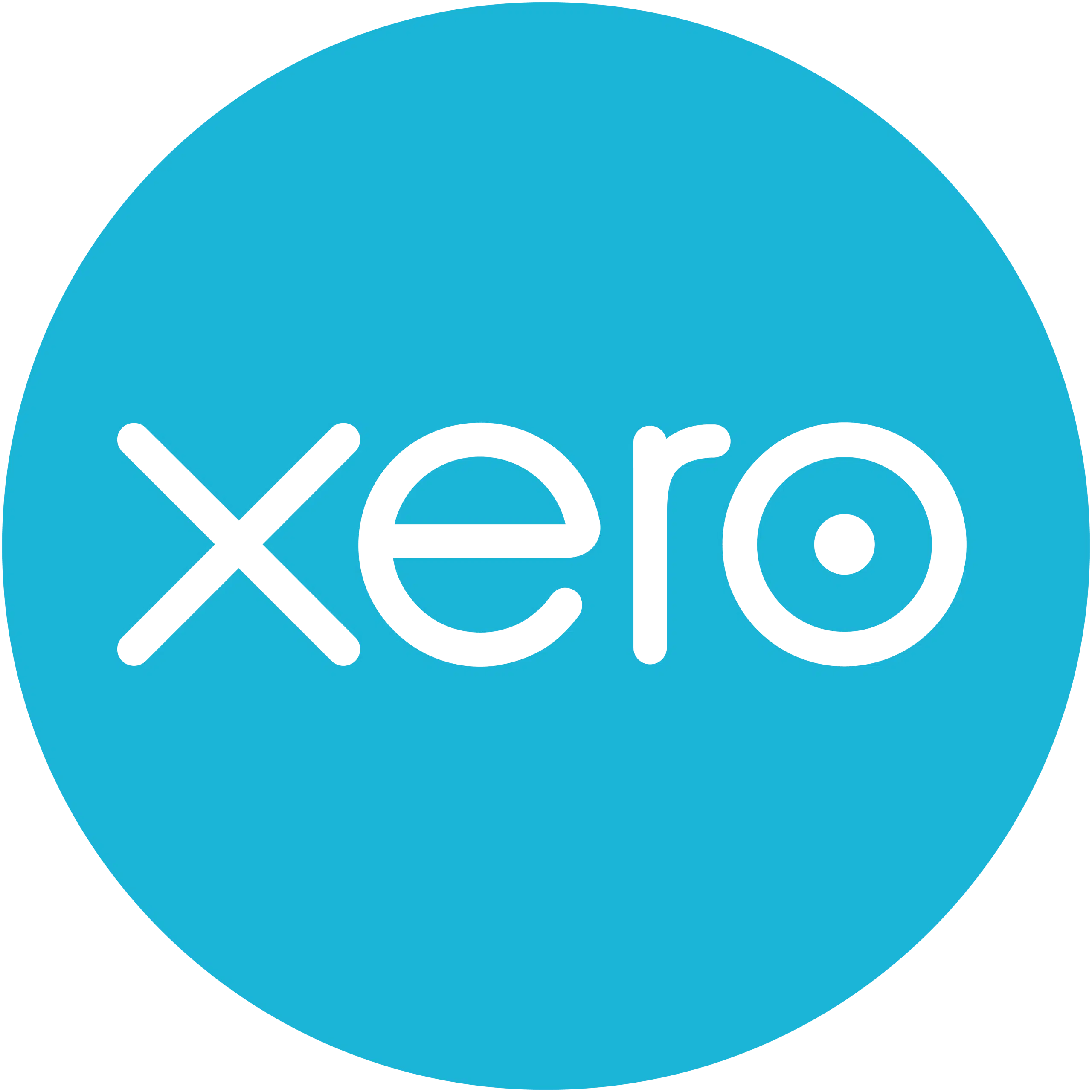Exempt from VAT or Zero-Rated – What’s the Difference?

Value Added Tax (VAT) is a consumption tax added to goods and services in many countries worldwide, including the UK. For businesses and individuals navigating VAT, understanding the difference between “VAT-exempt” and “zero-rated” can be crucial, especially when it comes to accounting, regulatory compliance, and accurate record-keeping. Though both categories mean a business doesn’t charge VAT on particular goods or services, they differ significantly in implications, eligibility, and VAT return reporting requirements.
In this article, we’ll delve into these distinctions and address the most frequently asked questions about VAT exemptions and zero-rating in detail.
Understanding VAT Categories: Exempt vs. Zero-Rated
VAT-exempt and zero-rated goods and services both result in no VAT being charged to the customer, but they represent distinct categories in VAT regulations:
- VAT-Exempt
When a product or service is VAT-exempt, it falls outside the scope of VAT. No VAT is charged, and businesses offering these services cannot reclaim any VAT incurred on expenses related to these goods or services.- Common examples: Financial services, education, healthcare, and some insurance services are often VAT-exempt.
- Implication for businesses: Businesses dealing exclusively in VAT-exempt goods and services are not eligible for VAT registration and thus cannot reclaim input VAT on their expenses. However, if a business sells both VAT-exempt and VAT-able goods, it may need to register for VAT.
- Zero-Rated
Zero-rated items are subject to a VAT rate of 0%, meaning VAT is technically charged, but at a rate of zero. Unlike VAT-exempt goods, businesses can reclaim VAT on costs related to producing or purchasing zero-rated items.- Common examples: Food, children’s clothing, books, and public transport in the UK are often zero-rated.
- Implication for businesses: Businesses selling zero-rated items are VAT-registered and are entitled to reclaim VAT on any VAT-able expenses. This makes zero-rating advantageous for businesses with VAT-able costs related to zero-rated goods or services.
Why the Difference Matters
For many businesses, knowing the difference between VAT-exempt and zero-rated goods and services impacts their financial and operational planning.
- Accounting and Bookkeeping: Different VAT categories require specific record-keeping practices, affecting VAT returns and how a company reports its transactions.
- Cash Flow: For businesses that deal with zero-rated items, the ability to reclaim VAT on input costs can reduce expenses, improving cash flow.
- Eligibility for VAT Registration: Businesses dealing solely in VAT-exempt services are not required to register for VAT, which simplifies their accounting and regulatory requirements.
- Strategic Business Planning: Understanding VAT categorisation enables businesses to structure their offerings strategically, potentially improving profit margins by optimising VAT recovery on allowable expenses.
Practical Examples of VAT-Exempt and Zero-Rated Items
VAT-Exempt
- Healthcare Services: Medical treatments provided by registered practitioners are exempt from VAT.
- Financial Services: Many bank services, loans, and insurance products are typically exempt.
- Education: Educational courses provided by eligible institutions are often exempt from VAT.
Zero-Rate
- Food Items: In the UK, most unprocessed food items are zero-rated, though certain “luxury” items like snacks may carry standard VAT.
- Children’s Clothing: Many children’s clothes and footwear are zero-rated, making them VAT-free for consumers but enabling businesses to reclaim VAT on associated expenses.
- Printed Books and Newspapers: Physical books, magazines, and newspapers often qualify for zero-rating in the UK, though electronic versions may carry standard VAT.
Frequently Asked Questions on VAT-Exempt vs Zero-Rated
Q: Can a business that only sells VAT-exempt items register for VAT?
A: No, a business that exclusively deals in VAT-exempt goods or services is typically not eligible for VAT registration, as it falls outside the VAT system. Consequently, it also cannot reclaim VAT on any related expenses.
Q: What if my business sells both VAT-exempt and zero-rated items?
A: If your business deals in a mix of VAT-exempt, zero-rated, and standard-rated items, you may need to register for VAT if your taxable (VAT-able) turnover exceeds the VAT threshold. However, for VAT-exempt items, you still won’t be able to reclaim input VAT on related expenses.
Q: Can VAT-exempt status ever change to zero-rated or vice versa?
A: VAT rules are determined by legislation and can occasionally be updated. For instance, electronic publications were recently moved from standard-rated to zero-rated in the UK. Regularly checking with HMRC or consulting with a chartered accountant ensures compliance with current classifications.
Q: How can I confirm if a product is VAT-exempt or zero-rated?
A: HMRC provides guidance on VAT classification for specific goods and services. Additionally, consulting a chartered accountant with expertise in VAT regulations can help ensure accurate categorisation and compliance.
Q: Do I still have to file VAT returns if my sales are zero-rated?
A: Yes, businesses dealing in zero-rated goods or services are typically still required to file VAT returns if they are VAT-registered. They report VAT at 0% on these items but can also reclaim VAT on input costs, which is beneficial for their operations.
Final Thoughts
Navigating VAT requirements can be complex, especially for businesses that deal with a mix of VAT-exempt, zero-rated, and standard-rated products. Understanding the nuances between VAT-exempt and zero-rated items is essential for accurate VAT reporting, potential VAT recovery on expenses, and regulatory compliance. Consulting a chartered accountant with expertise in VAT and accountancy can provide your business with the necessary guidance to maximise VAT efficiencies and ensure compliance with current laws.






